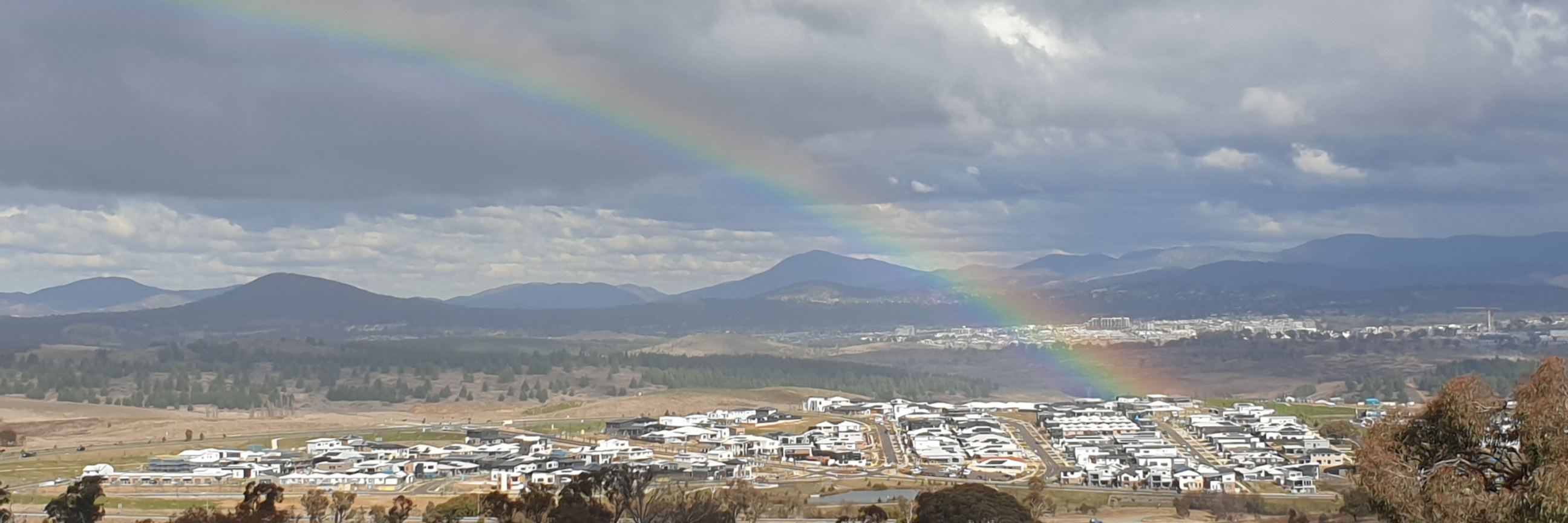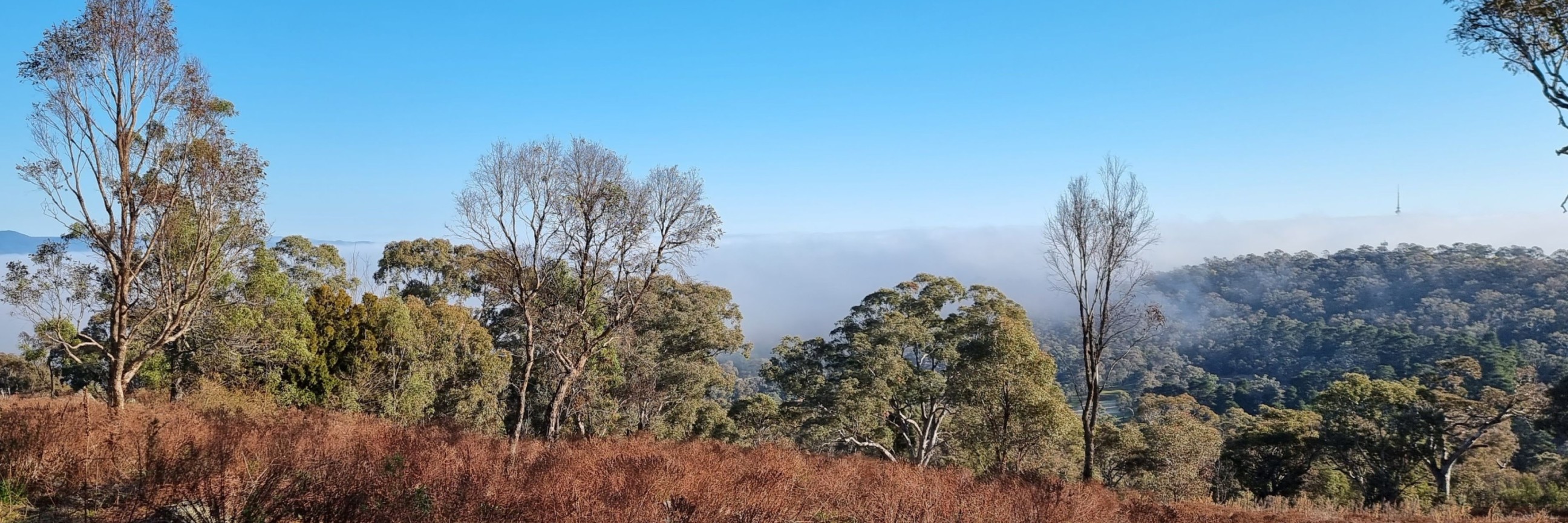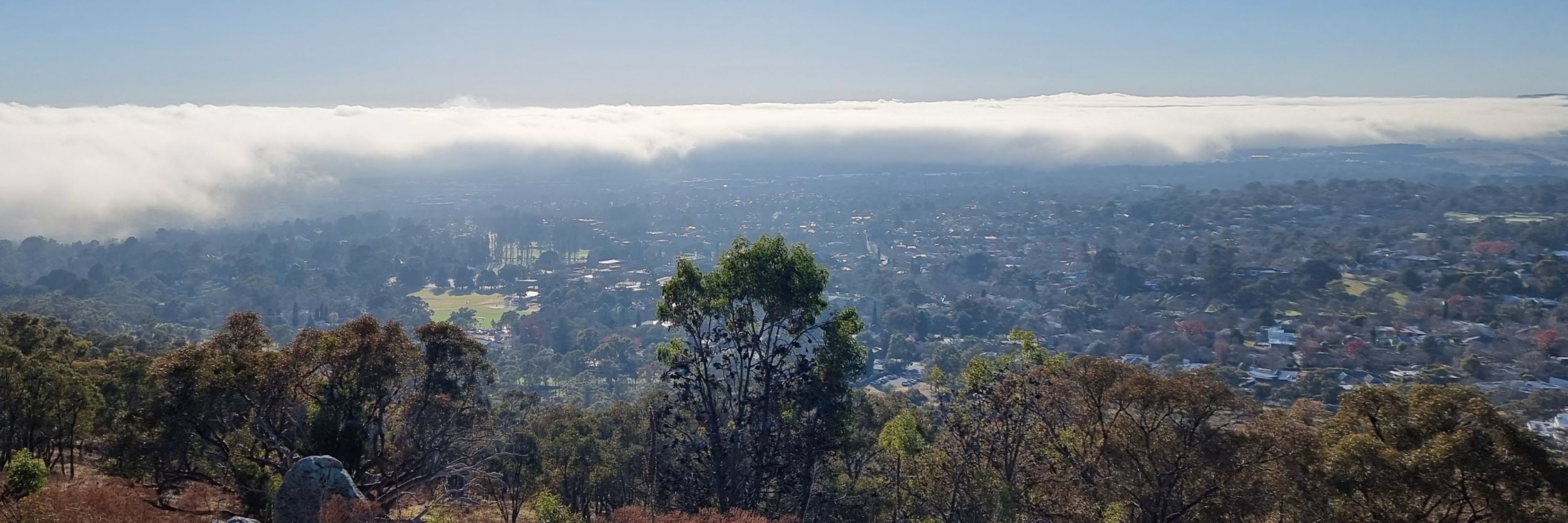The Walks n Talks program will recommence facilitated by Kieralea. It will continue to take place in various locations on different days, aiming to capture the warmest part of the day during Canberra's cold winter. Kieralea will also introduce and incorporate grounding techniques, including breathing exercises and mindfulness practices.
The walks will be about working as a group to support each other and build some connections.
Each walk will be in an area that can be easily accessed and the pace will be set by the group.
Who: Those who have experienced or are still experiencing cancer. A minimum of 1, no maximum so feel free to come as a group.
Why: The aim of the walk is to immerse participants in nature and encourage a state of simply being. Journals provided may serve as a helpful instrument, helping a connection to feelings, thoughts, and ideas, helping to process personal experiences. The group retains full control over the direction and dynamics of these interactions, ensuring a flexible and personalised experience.
When: Mondays and Tuesdays.
Where: Easy to reach locations around Canberra including Mulligans Flats, the Botanical Gardens, Jerrabomberra Wetlands and the Arboretum.

Facilitator & Guide
Kieralea Baxter is currently working towards her Master of Counselling at the University of Canberra and is actively involved with the Cancer Council. As a proud Wiradjuri woman, she was raised and resides on Ngunnawal Country.
Kieralea has a decade of experience in specialised fields including family and domestic violence, crisis counselling, and clinical mental health. She takes a holistic approach to improve social and emotional well-being with a keen interest in creative therapies and incorporating mindfulness practices into her work.
One on one counselling
Counselling services will also be by Kieralea. As a Masters Student Counsellor, she is under the supervision of an external registered counsellor.
Individual counselling sessions will be available on a weekly or fortnightly basis to anyone seeking support through the Cancer Council. Due to the set period of Kieralea’s placement with Cancer Council ACT there will be a session limit, based on capacity and individual needs.
Sessions are available face to face or over the phone. During the first session Kieralea will set expectations and discuss the limitations of the counselling being offered. Referral options will be arranged for individuals before exiting counselling as needed.
Frequently Asked Questions
Many people find it easier to talk to others whilst walking alongside together – it’s less intimate than sitting opposite. Walking together over, under, through, up and around different country can also really enable us to move over, through and across different moods, feelings and ideas we have – we might gain new perspectives that bring us new choices which may in turn help get out of any ‘stuck’ situation. Similarly, movement itself, helps move thinking and feeling – and having trusted, different people along with us can also bring new insights and options.
We allow nature, the natural world to be our therapist – letting go of the digital domain for a short while and allowing ourselves to listen, see, smell, feel and to be differently. In many ways, Kieralea is there to facilitate the experience.
Kieralea will guide us practically and also in terms of creating invitations to notice differently, to pause for a while, listen deeply, focus on a particular theme.
She is also there for counselling conversations either within the group or more privately by dropping off the back of the group for a few moments or arranging a time for a one on one session.
For the purpose of the walks n talks our walks will be on established paths through nature reserves and other green places.
Trainers, walking shoes or walking boots – something with a reasonable tread so you can make positive contact with the trails and that you feel confident to walk on uneven ground in. They should be reasonably sturdy so your feet are not slipping about inside the shoe.
Clothes – dress for the weather. Layers are good – things we can peel off as we get warm and layers we can add on as we cool down when we stop or if the temperature drops. The ideal is lightweight, quick drying material but T-shirt and a couple of long sleeve layers is good enough. Jeans are not great as they stay wet and cold for a long time and can rub.
Bring or wear a coat – ideally windproof or waterproof but use whatever you have and we’ll adapt.
- Bring or wear a warm hat and gloves if the forecast is chilly. An umbrella can be handy too.
- Bring water– at least 500ml, ideally 1 litre in a resealable bottle.
- Sunscreen, sunglasses and a sun hat are good to have as we move to spring.
- Your phone for photos, navigation etc.
- Personal medication that you would normally have access to. If you’ve a small first aid kit that would be great, however Jo will have a full First Aid kit with her. If bringing an Epipen or salbutamol or similar inhaler please let Jo know at the start of the walk.
- Camera / phone.
- Snack bar/ favourite nibbles for energy.
We will go out in all weather (unless it is dangerously cold or windy), so dress appropriately. We’ll adapt the walk length or route to match how we feel and the weather.
Sorry, but we are not able to accommodate children.
As we will be in Nature Reserves and in groups of folk who may / may not like dogs, we’d prefer you not to bring a dog with you.
People who have had or have cancer who have come to know of the walks n talks through the Cancer Council ACT. People of all ages, cultural backgrounds, shapes and sizes. People who are curious about being in nature, gentle exercise, learning a few new skills / practices and would like to do that in company.
You can choose to say as much or as little about yourself as you like.
We ask that everyone accepts some basic principles in how we’ll be together such as respecting one another, respecting the world we are walking through etc. We will actively work with anyone using inconsiderate or offensive behaviour or language and may ask them to leave the group.
We will walk on established paths or even earth; some sections may even have blacktop; there will be stepped sections.


